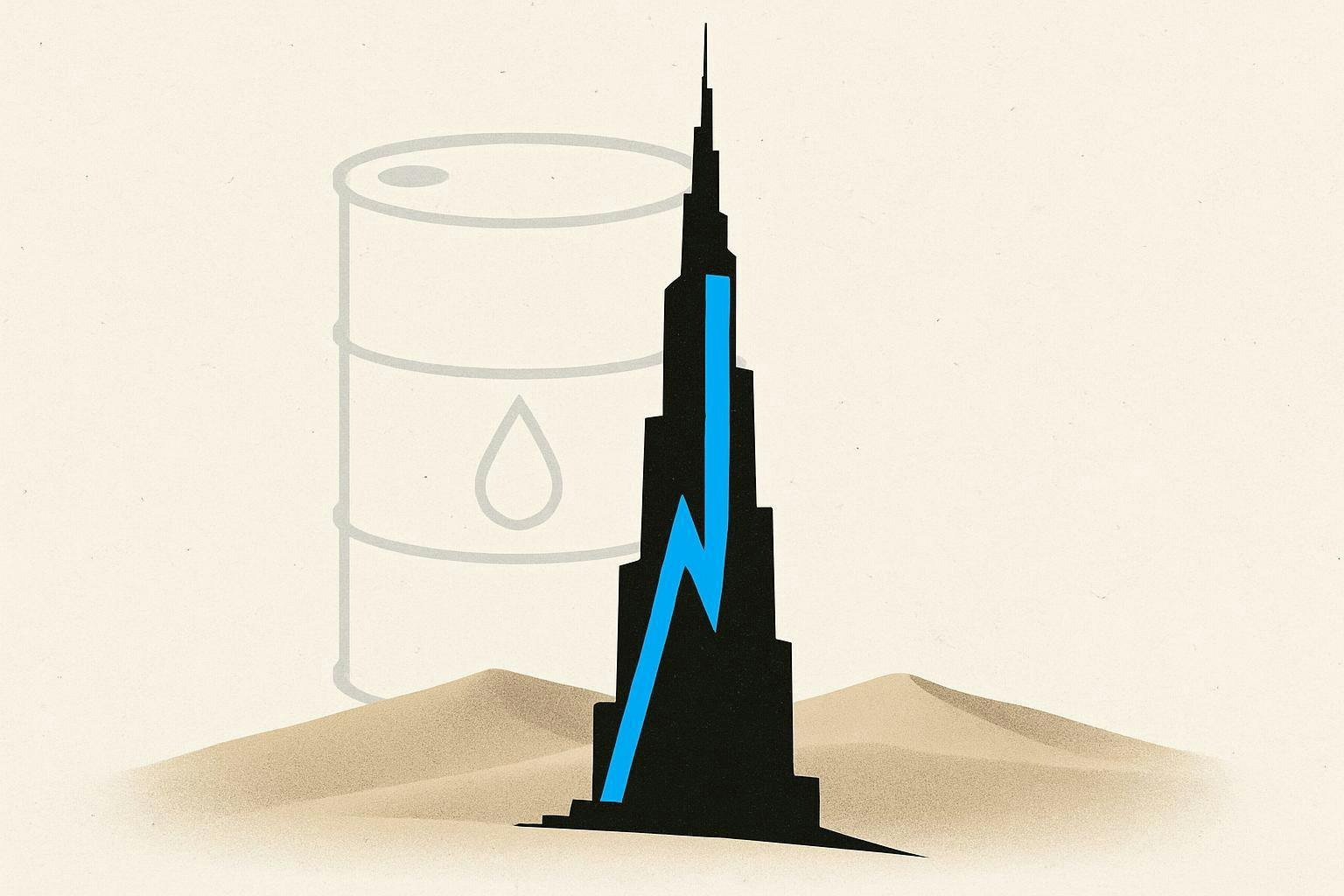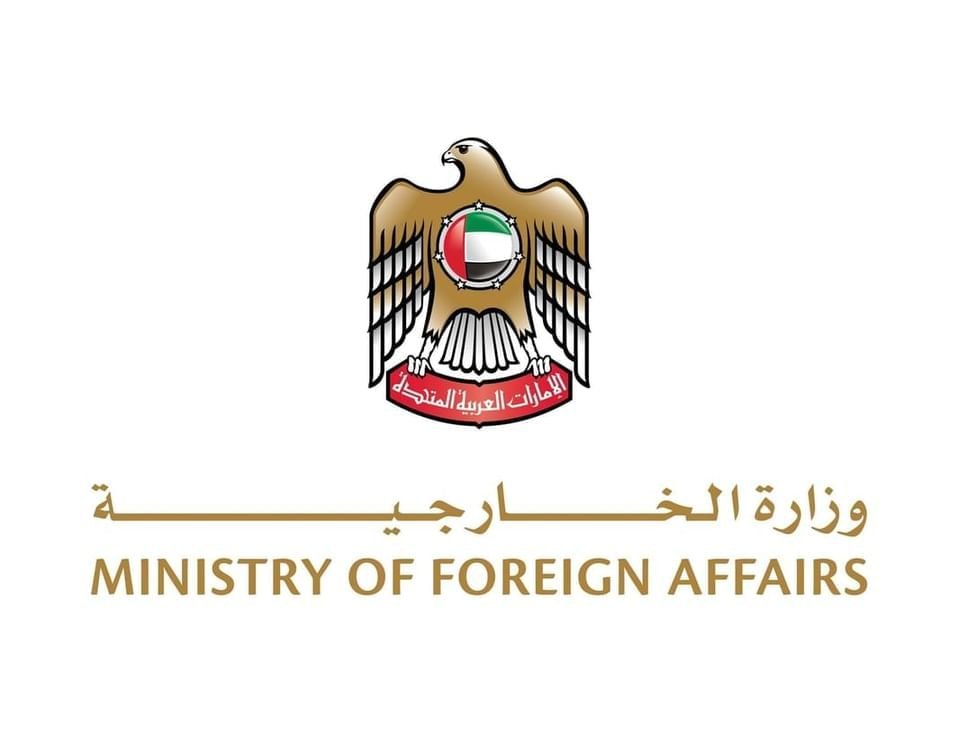What’s going on here?
Dubai’s main share index reached its highest level since July 2008 by the end of May, ignoring global economic concerns that are affecting other markets.
What does this mean?
Dubai is standing strong against worldwide economic worries, with its share index hitting remarkable levels. Oil prices remain steady, but potential increased OPEC+ production in July and uncertain US tariff policies are putting pressure on Gulf markets. Meanwhile, Abu Dhabi’s index saw a 0.62% dip on the last trading day, yet it has enjoyed a consistent seven-week ascent to its peak since March 2024. Yet, there’s a cautionary tale in Dubai’s real estate market: Fitch predicts a possible double-digit drop in property prices later this year and into 2026, after a surge fueled by foreign investments. This outlook has impacted Emaar Properties, whose stock fell by 1.13%. Companies like Amanat Holding also experienced significant declines, possibly due to specific sector stresses.
Why should I care?
For markets: Navigating through economic uncertainties.
The UAE markets are active amidst regional and global economic uncertainties, providing insights into how Gulf economies maneuver through challenges. Dubai’s index is showing strength, while Abu Dhabi maintains consistent gains despite minor dips. Investors should monitor potential changes in OPEC+ oil production and US trade policies, which could impact these resilient markets.
The bigger picture: Shifts in real estate dynamics.
Fitch’s warning about potential declines in Dubai’s real estate prices highlights the post-pandemic economic volatility. The sector, once buoyed by foreign investments, faces broader economic consequences if downturns occur. As global economic changes persist, the Gulf’s ability to adapt will be crucial, particularly in sectors closely linked to international demand and investment.
Blog Source link



